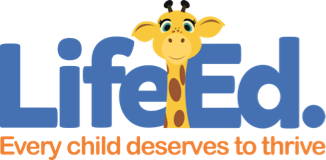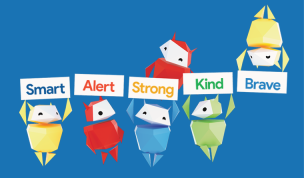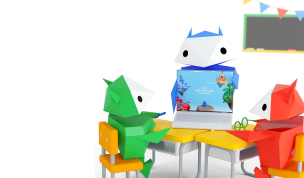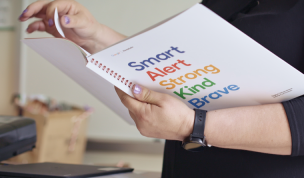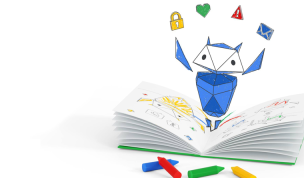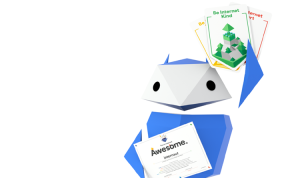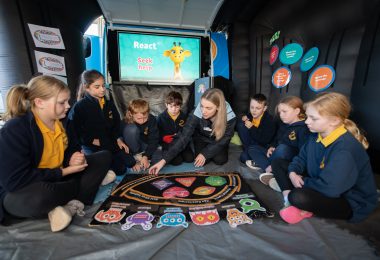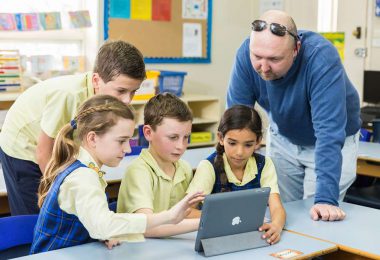World No Tobacco Day
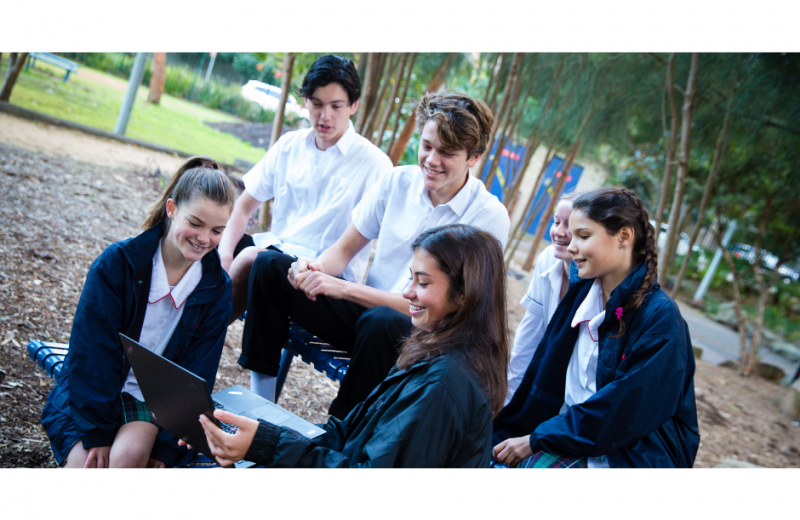
More than 7,350 teens across NSW and SA have participated in the ‘Reality Now’ program, conducted by Life Ed with support from nib foundation, which aims to bust myths around the prevalence of vape use in young people, in a bid to reduce risky behaviour.
At the heart of the program is a live survey tool, which captures students’ awareness, perceptions, attitudes and knowledge of their classmates’ behaviours of vaping, as well as their own, through a series of anonymous questions designed to draw comparisons to their results to the national norms.
Released on World No Tobacco Day (May 31), data from the study has revealed that overwhelmingly, teens tend to overestimate the prevalence of vaping among their peers.
When asked to estimate the use of vapes among their peers, the survey of more than 7,350 teens from Years 7 through to 11 found that students assumed 86% of their peers were using vapes at varying levels. However, in reality, more than 75% of students said they had never used vapes or tried vaping.
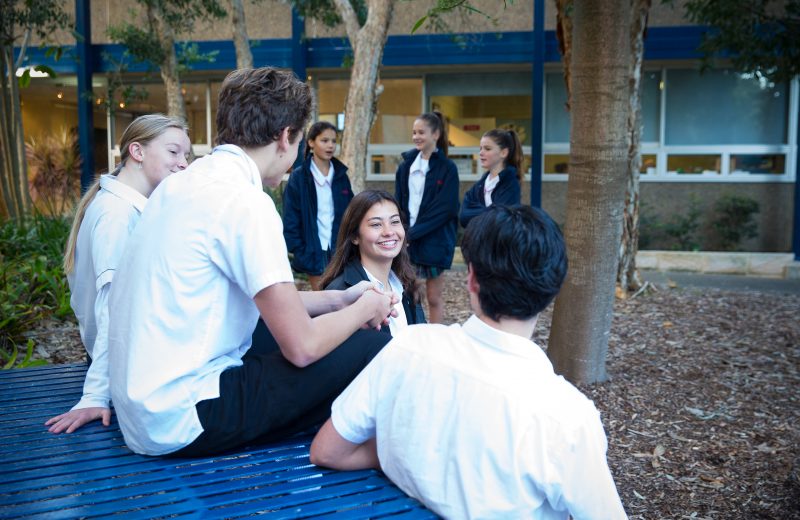
Despite these promising trends, Jonathon Peatfield warns there is still work to be done, with vaping a growing concern amongst school communities.
“Among the teens surveyed, 25% used vapes or had tried vaping at least once. This represents a steep increase in usage compared to the 2017 Australian Secondary School’s Student Survey, where 1 in 8 students (13%) reported that they had used an e-cigarette at least once in their lifetime.
As a community, we cannot rest on this. Life Ed is committed to educating young people about the harms associated with vaping, and it’s crucial to support school communities to take preventative action. The Reality Now program provides students with ongoing education that addresses their needs at every year level, so they are prepared to make safer choices in life beyond school,” says Jonathon.
Teens also shared they need more support when it comes to addressing the influence of their friends and vape use. 23% of students reported that they felt fairly concerned or very concerned about being pressured in the future to vape. By using a strengths-based approach in engaging young people The Reality Now program aims to equip students with the skills and strategies to navigate these social pressures.
“The Reality Now session was very informative and engaging. Our students learned how to face the facts about vaping, and how to stand up for their right to say ‘no’ in any peer-pressured situation. It was truly a worthwhile lesson for us all”, says Christine Ha, teacher at Burwood Girls High School.
“One of the key messages that students took away from the Reality Now program, is that vaping is not as prevalent amongst their peers as they perceived, but it is a poor lifestyle choice with many physiological effects. If students have the same message delivered and reinforced from more sources, they may be more likely to realise there is a consensus against vape use and make positive decisions,” says Jindrich Kavale, teacher at Lake Cargellico Central School.
Thanks to funding from partner nib foundation, over 6,300 students have participated in the updated Reality Now program conducted by Life Ed, which aims to take a social norms-based approach in educating young people on the associated harms of vaping.
“Through real-time data provided by the students’ very own peer group, we hope that students are better equipped to make more informed and healthy decisions. Understanding that only a small portion of their peers engage in these risky behaviours is a powerful tool for young people to dismiss peer pressure and feel more confident in their choices to avoid using vapes” says Amy Tribe.
